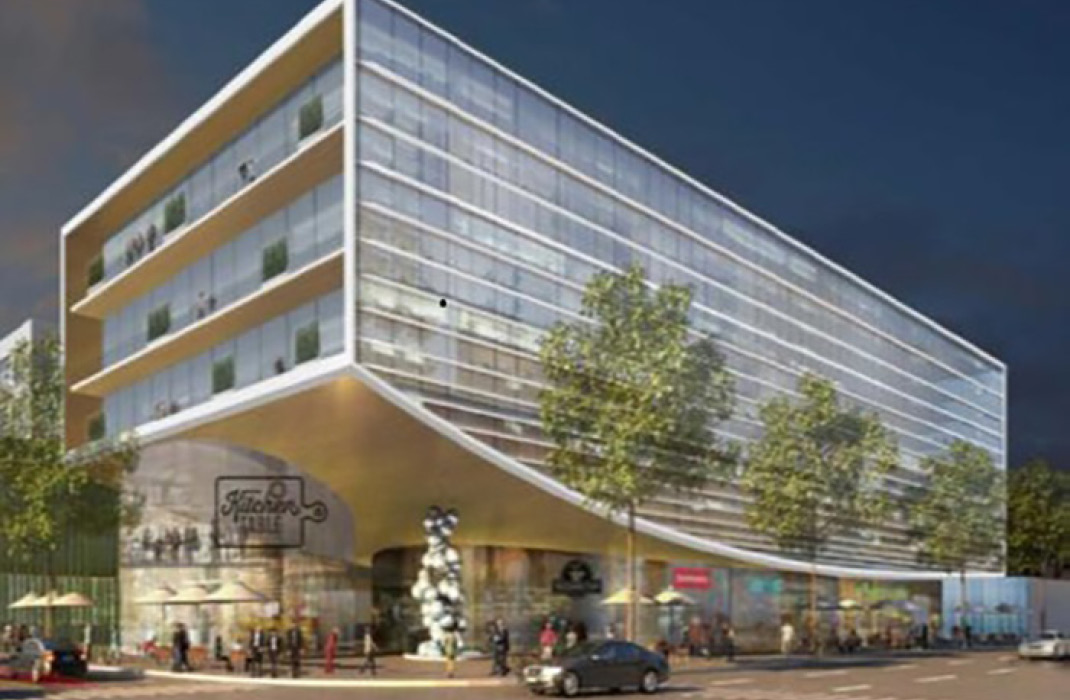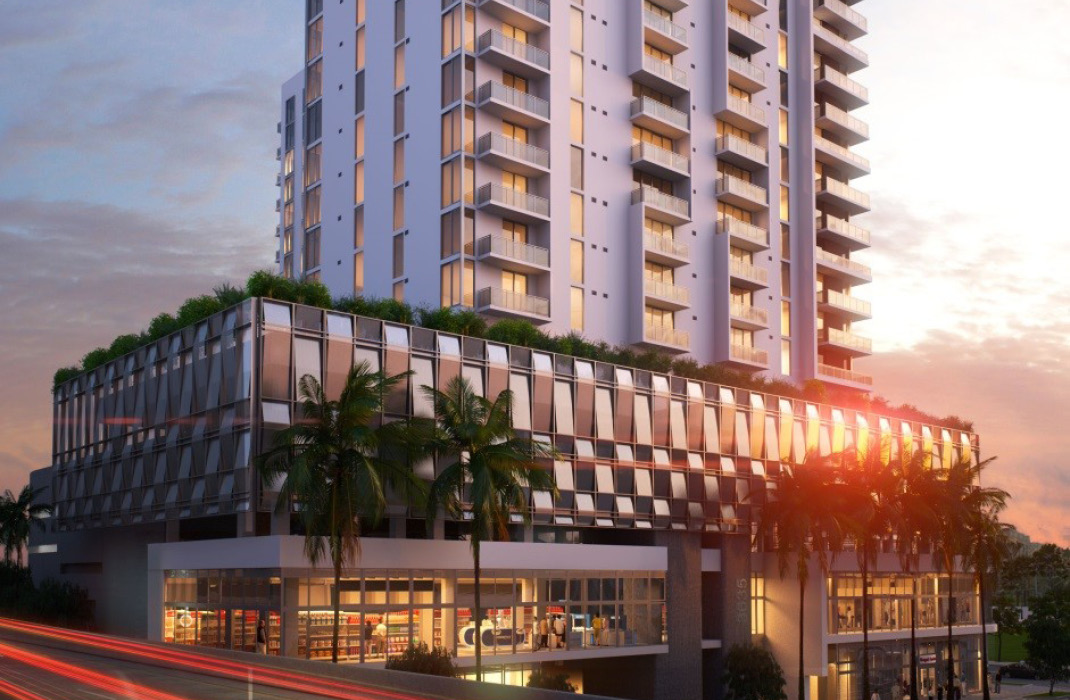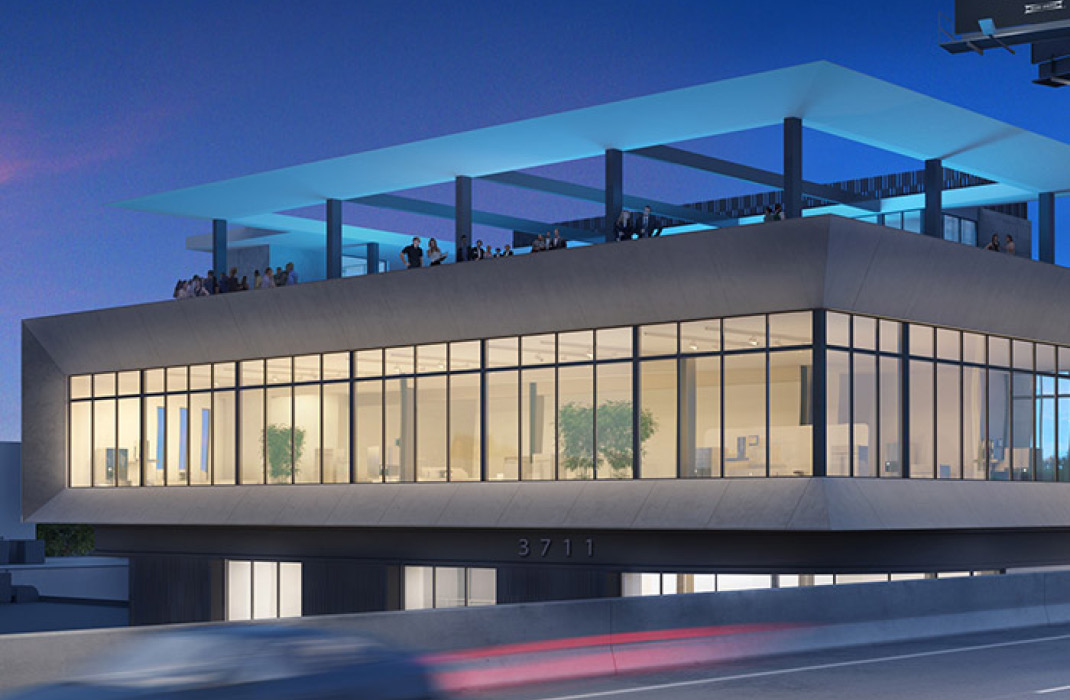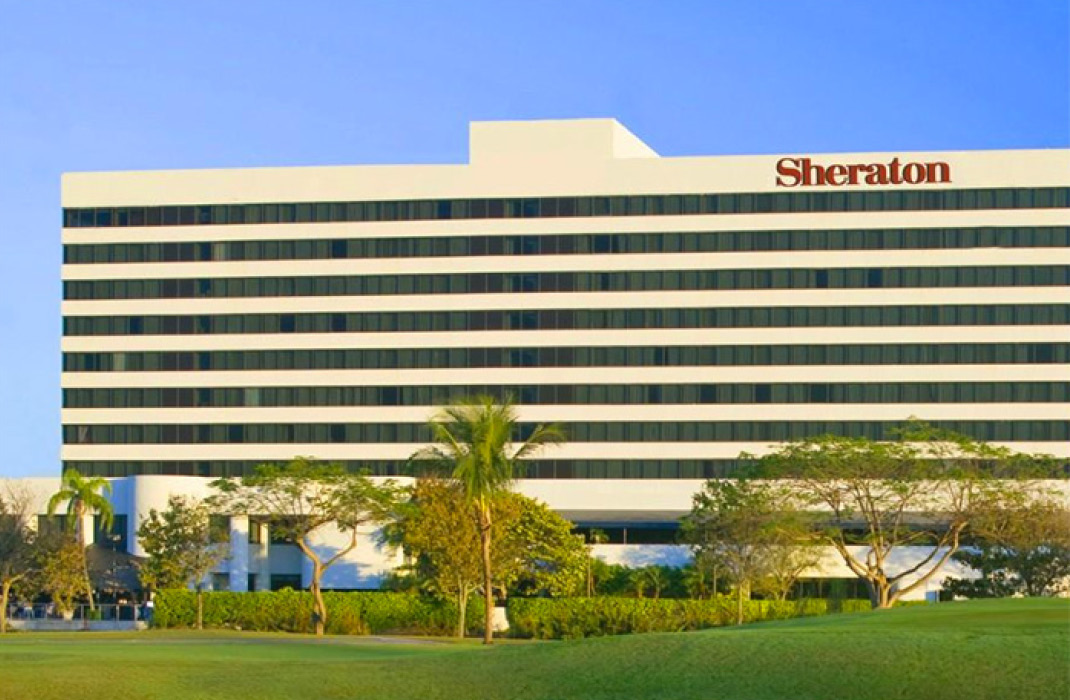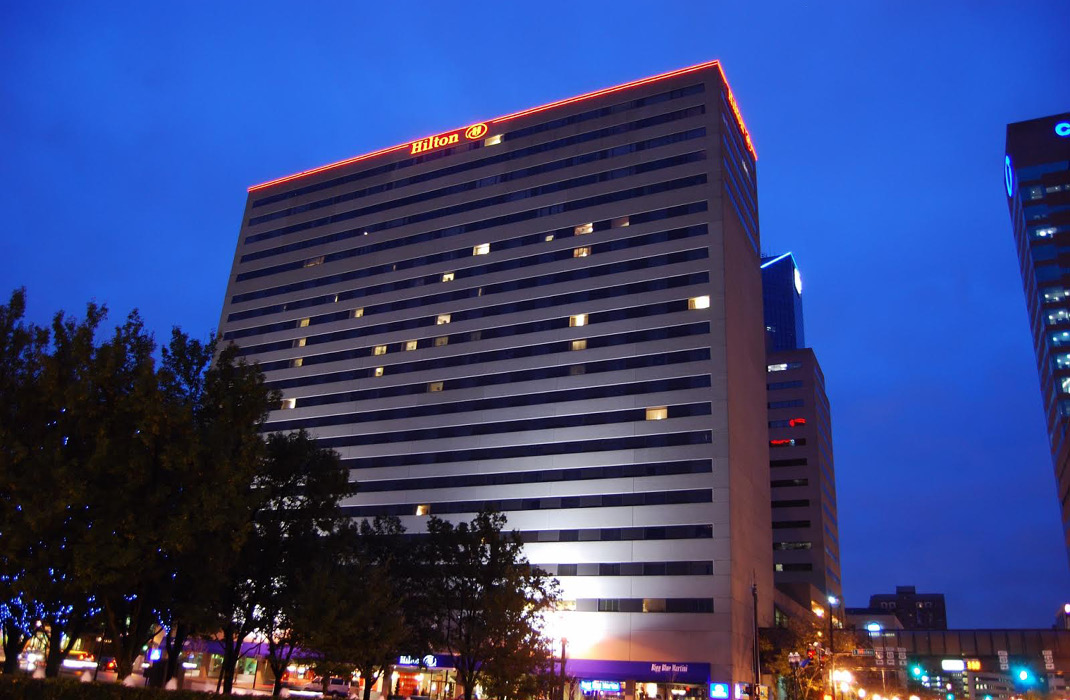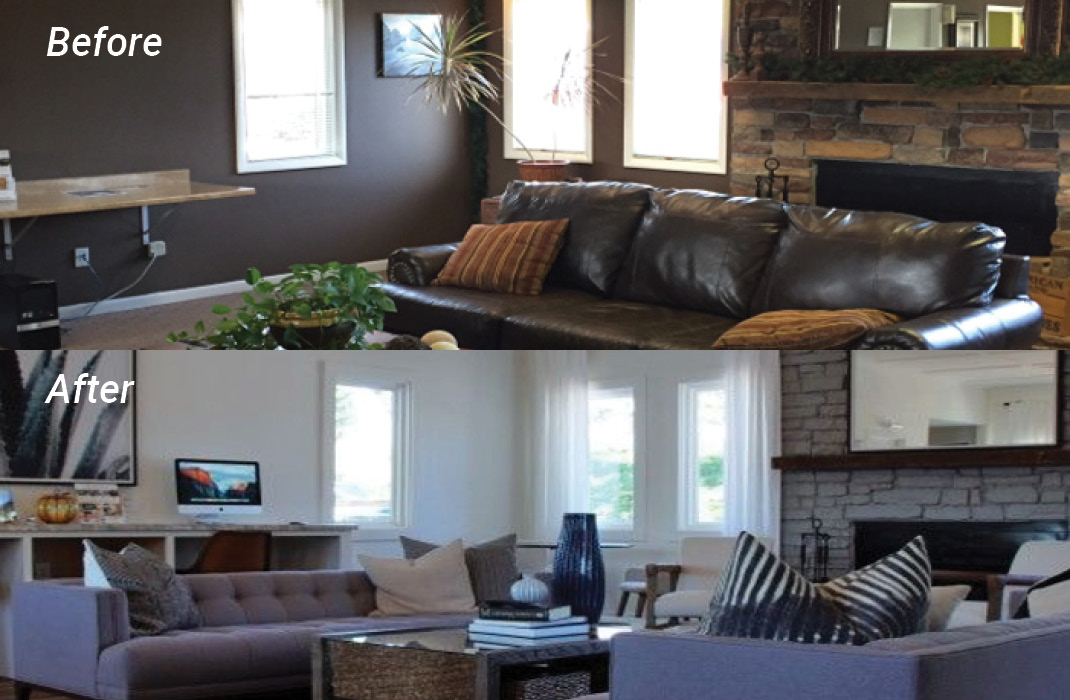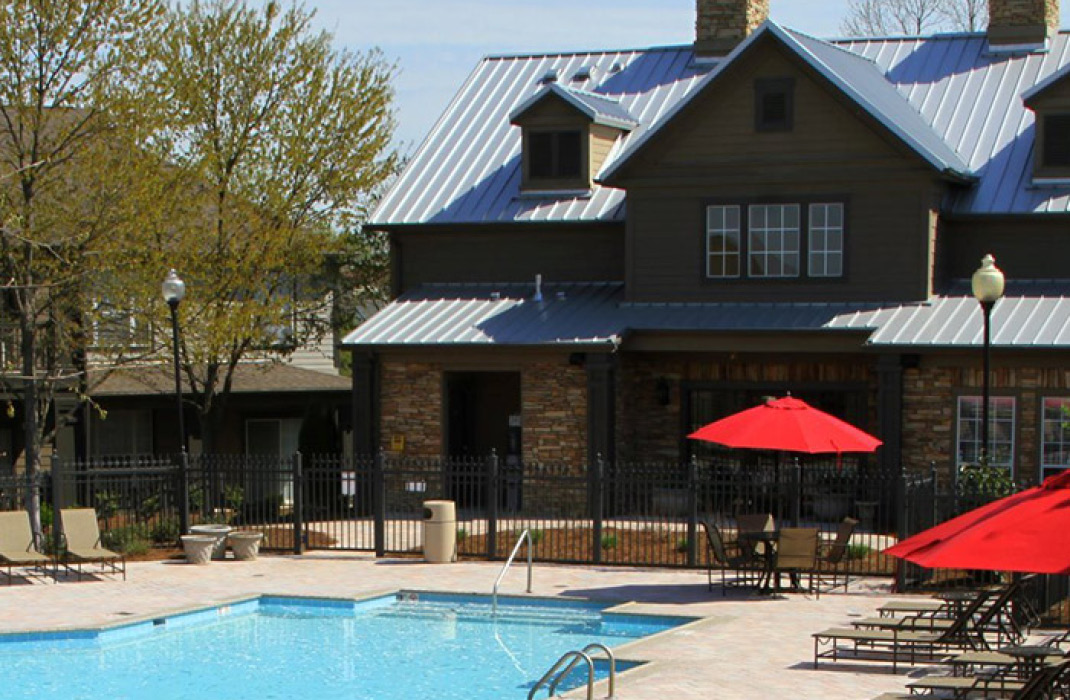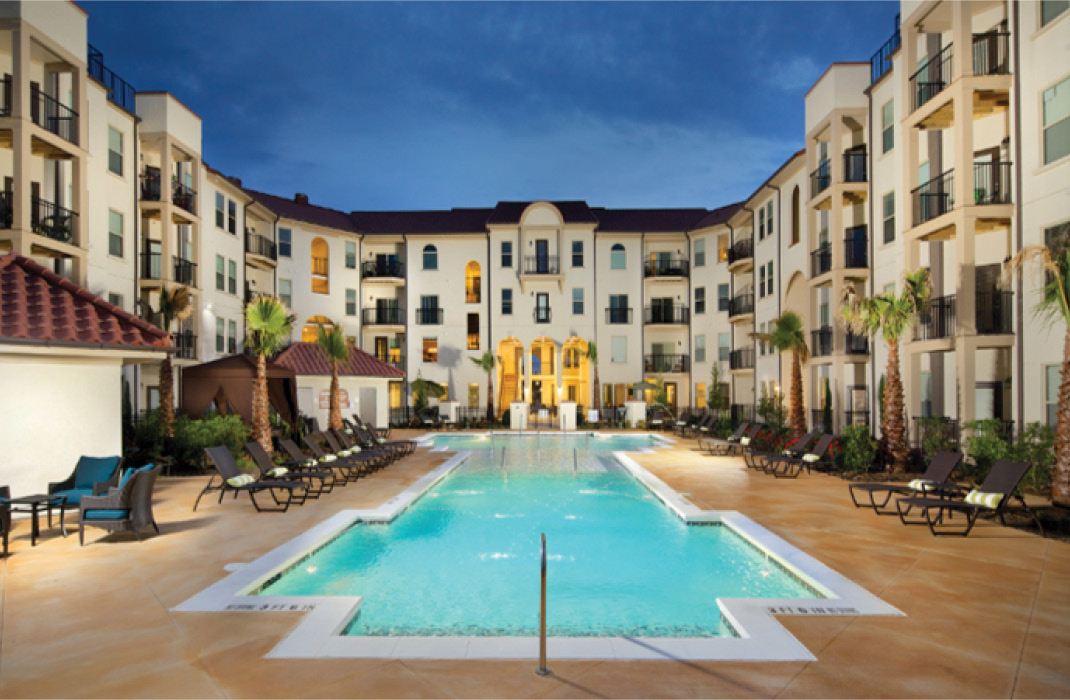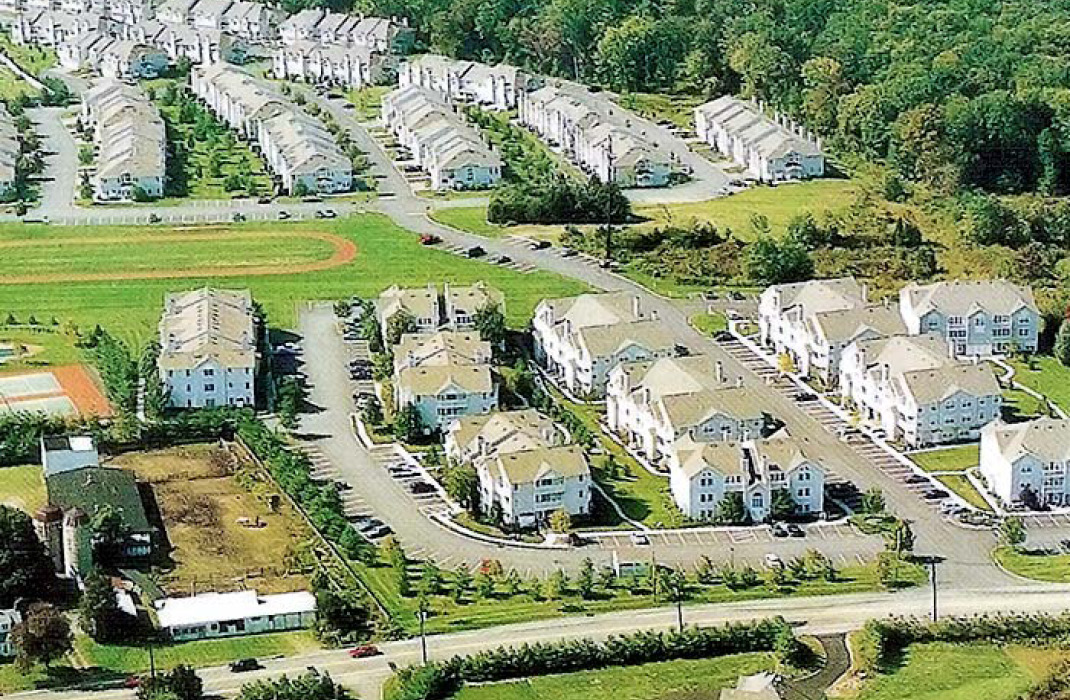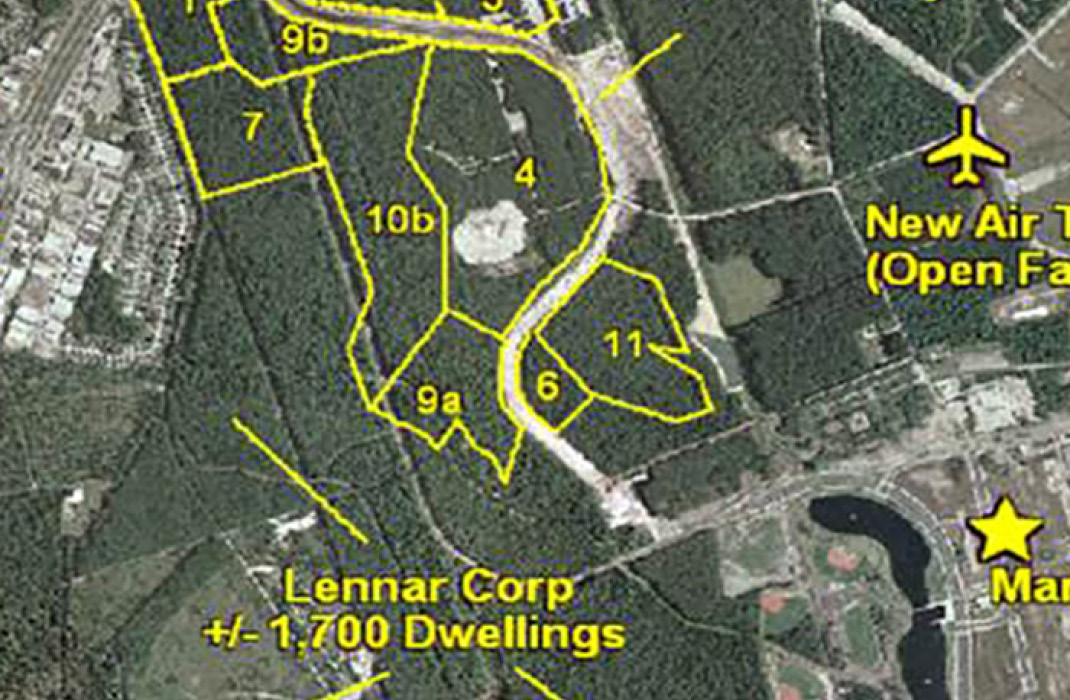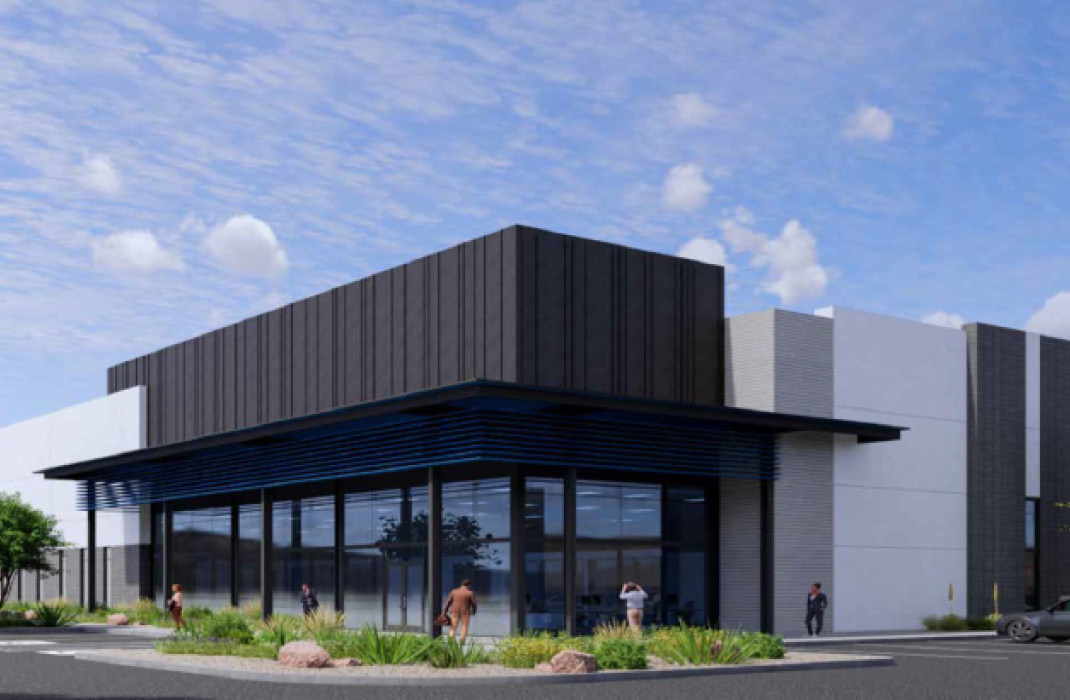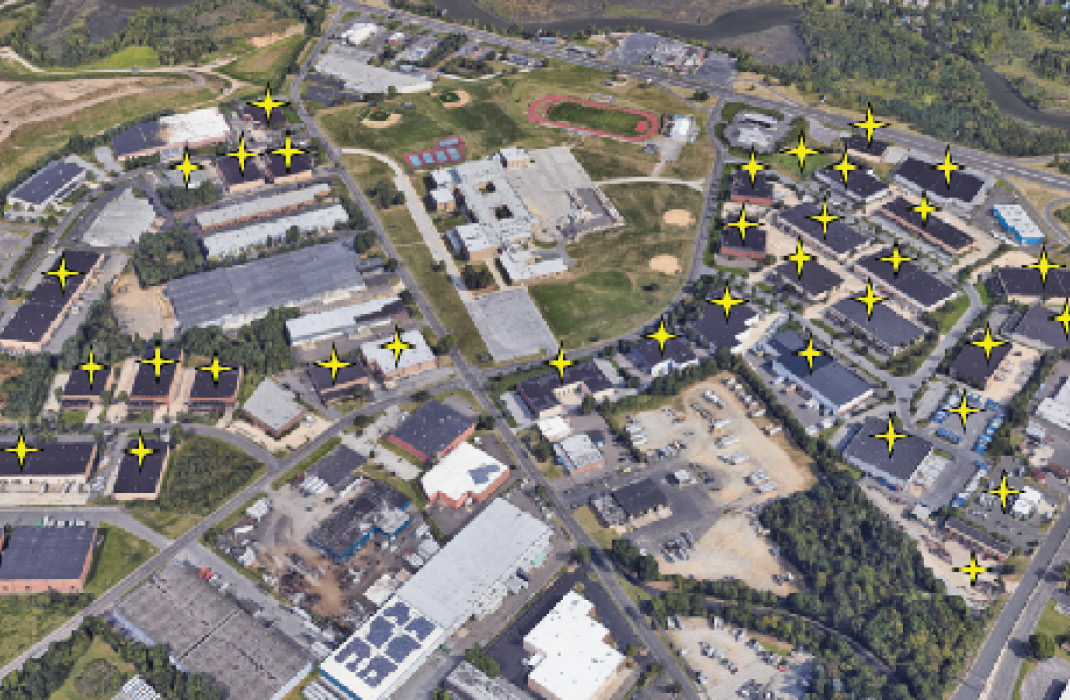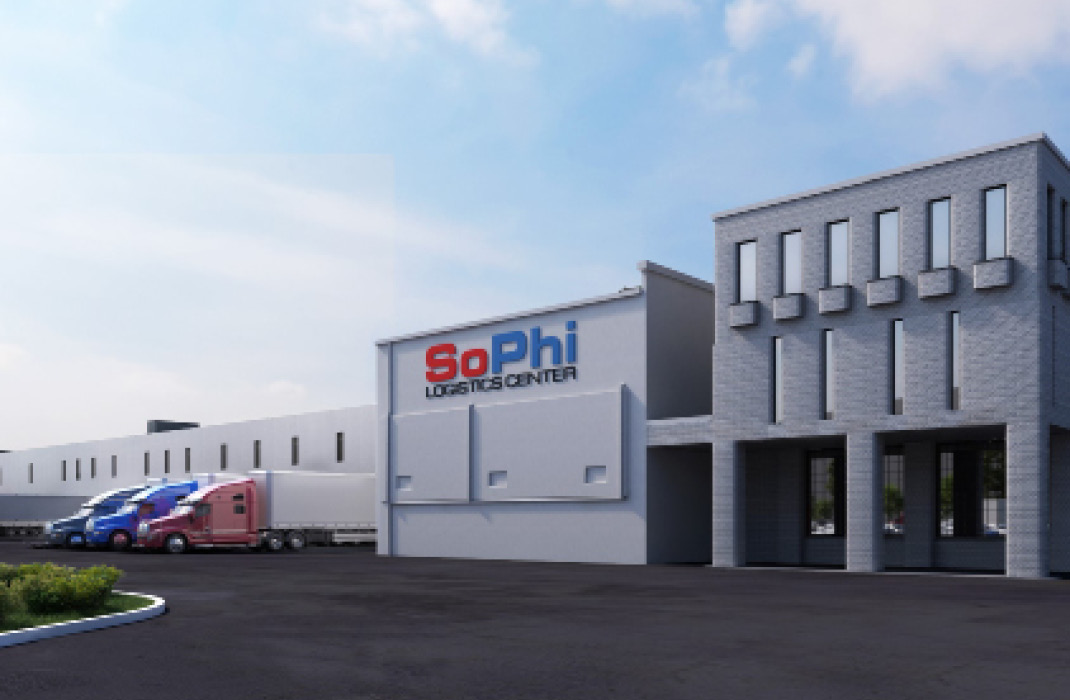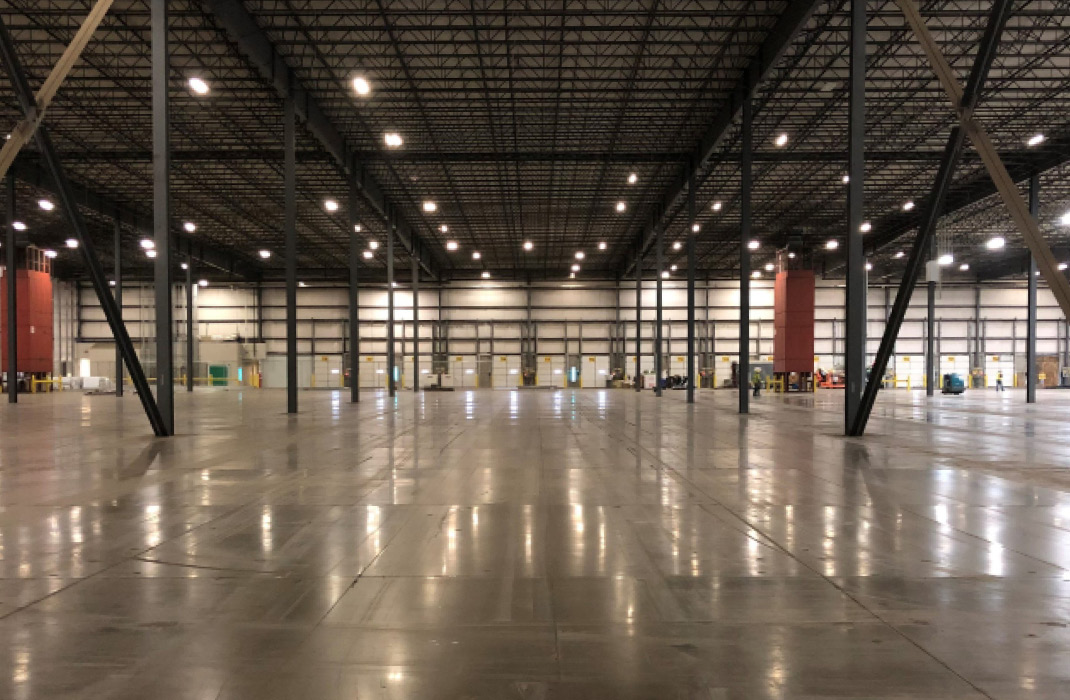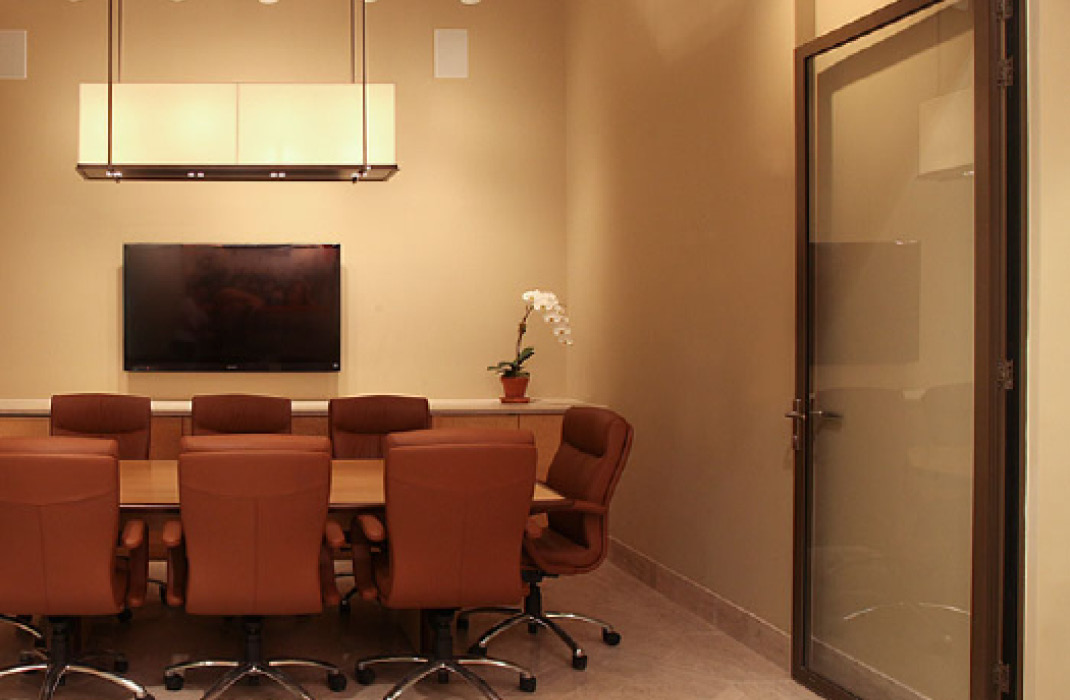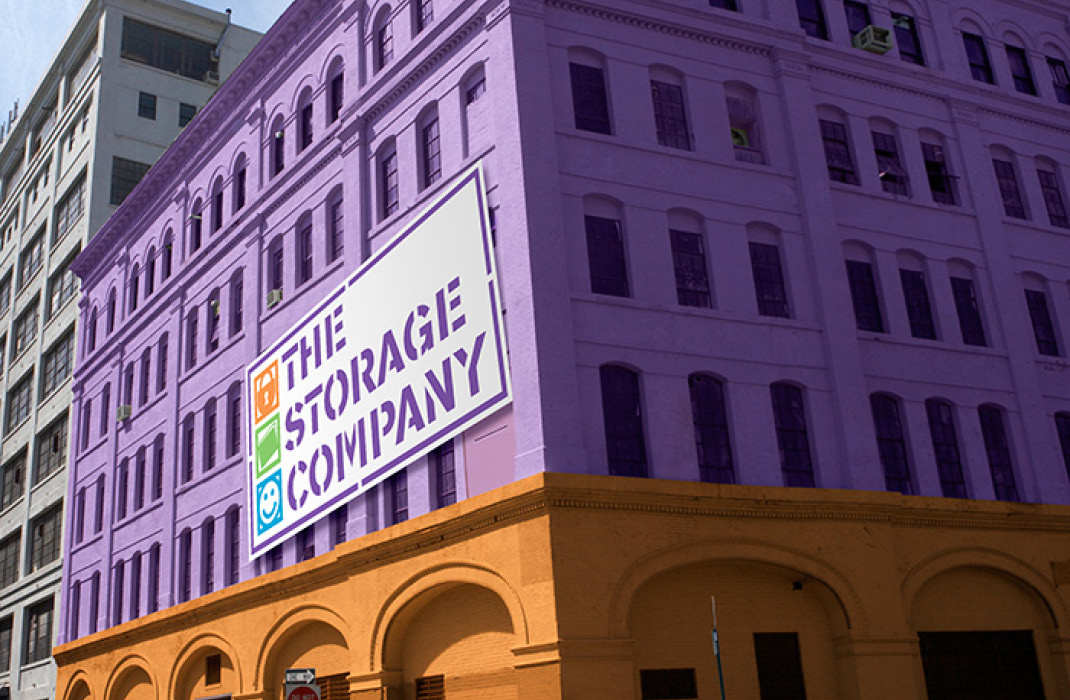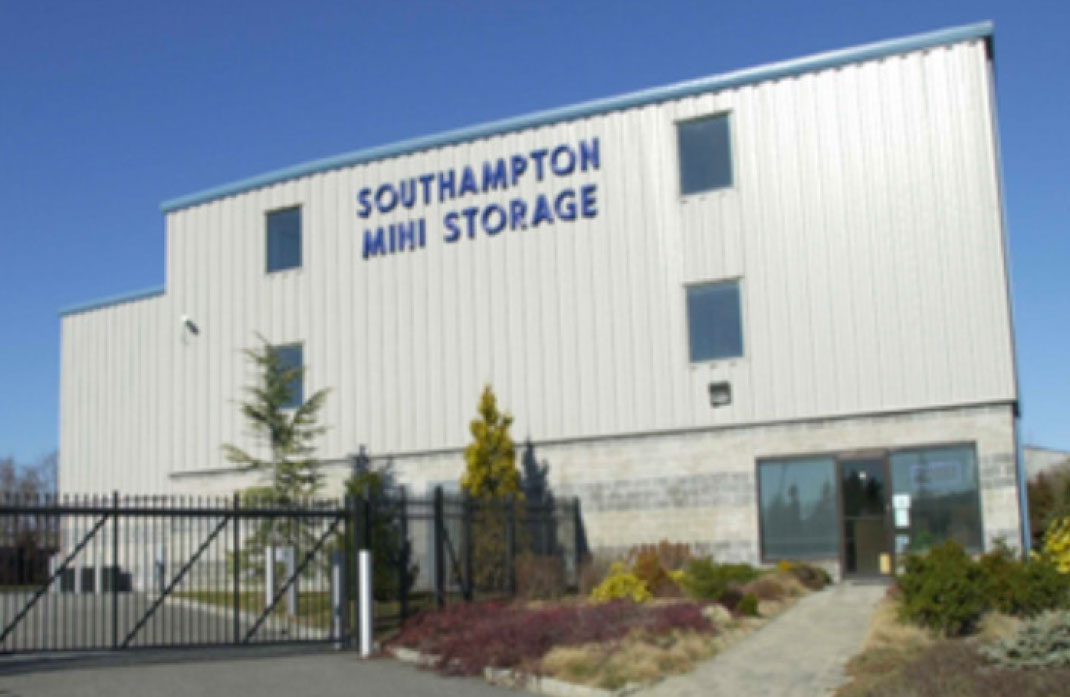Peter C. Lewis Keynote Speaker at CAPRE’s 2020 Industrial Real Estate Outlook Event
Amazon Same-Day Delivery is Massive Opportunity for Industrial Investors, according to Wharton Equity’s Peter C. Lewis
JERSEY CITY, NJ — Peter C. Lewis, Chairman and President of Wharton Equity Partners kicked off CAPRE’s Industrial Real Estate Revolution with some broad, yet critical, remarks. “Morning Inspiration with Peter C. Lewis: Finding Equity and Structuring Deals with Institutions and High Net Worth Investors in Today’s White Hot Industrial Arena” was a boisterous session that touched on everything from big picture strategy to the day-to-day nitty gritty – with a key connecting force: the future of the industrial space, which is likely going to arrive sooner than anyone ever thought.
Lewis began by situating this topic within the changing offerings of Amazon, specifically their recent shift to same-day delivery. “We’re at the dawn of a change that is going to affect us for decades to come,” he shared. “And industrial is just beginning to change. This is the top of the first inning. The things that are about to change in this business are things that no other asset class has ever seen before.”
Less than 1% of sales are same-day now, but experts predict that will creep up to 20% quickly, shared Lewis. “How is this possible?” he asked the room, full of investors, brokers, and property managers enjoying their coffee. “You’ve got to be right next to the population. The whole movement is about getting as close as you can to the population so that you can get to peoples’ doors as quickly as possible.”
However, Lewis then offered a perplexing disclaimer about the state of the industry – industrial supply is actually decreasing, because other asset classes offer higher margins for those looking to sell land and product. “What makes this fascinating is that the supply of assets around the cities are becoming smaller and smaller,” he explained. “That presents opportunities and challenges.”
“I’ve never seen an asset class go through as much change as industrial is about to, because of e-commerce and technology. It’s a game-changer,” he beamed, before making a prediction. “We’re going to start to see micro-distribution. You’re going to have to have places in the city – we’re looking at places in the city like garages, and dark retail. It can’t be on the 18th floor of an office building. It’ll have to be in the basement, so that you can get goods to people, especially if it takes an hour to get over the bridge!”
Lewis then explained some nuances of structuring deals in the space – for example, industrial assets have often been misunderstood, and usually offer more value than meets the eye. Furthermore, institutional investors require a lot of time to make a decision, because of so many stakeholders. “So, you have to start socializing before you need the money. Seek out the institutions, and chat with them about what they’re doing. Talk to them about deals you’ve done and what you’re looking at. Don’t wait until you need the money to go to them – it’s too late.”
“Don’t forget that they’re very focused on expertise in markets — they want to grow,” he advised, offering another key piece of insight from his experience. “They’ll do a $7 Million USD deal, so long as they feel you can do more. So, you have to have ideas for how to scale – together. “ Lewis then shared that most sponsors put up about 10% of equity funding — on average. “That’s something to think about as you approach these institutions.”
Next up was a comparison of development deals vs value-add projects. “With development deals, you’ll probably see higher prefs, but as you get deeper into the waterfall, more juice back ends,” offered Lewis. “On the income deals, you’ll see a little lower prefs. Maybe you’ll get away with an 8, more likely a 9. The question is then, where do the waterfalls go from there? But believe, you can negotiate with these firms.” However, at that point, Lewis decided to offer a key piece of advice for anyone seeking to seal a deal.
“Early on, if you’re looking for money, quickly get to the bottom line,” he urged. “Say, Tell me what you guys are going to give us on structure. Don’t wait until you get the deposit, to say, wait, you want 15 pref? It’s too late at that point, and they know that. This is why I like to say you should socialize early — so that you know what they want. And funnily enough, once you start doing deals with institutions, they all start to worry that you’re going back to their other competitors. You can use this to your advantage. They need to know that there’s a credible threat of you going somewhere else — in a respectful way, of course.”
Before wrapping up his remarks and seeking questions from attendees, Lewis explicitly shared the moral of his presentation. “We’re in a great spot right now. It’s a unique point in history for this business. However, you have to be really, really focused to try to find properties, because it’s very hard. And you want to start thinking about where your equity is — and early,” he summarized. “And lenders, by the way, are important too. The smaller the asset, the more likely it is that you’re going to be dealing with local banks. You’re going to need to think about those relationships as well. Is there recourse, or is there not going to be recourse? We stay away from recourse as much as possible, but some banks can’t do that. So, you want to be thinking about your capital stacks early on.”
“My feeling is that anywhere along the east coast, where there’s a population, rents are early in their move up,” he then surmised, offering a key take-away for the room. “There could be a point where it slows down a bit, but I think that in the next couple of years, the concept of single-digit rents will be completely obsolete. And I think at some point we’ll see rents crossing over into the territory where office rents are.”

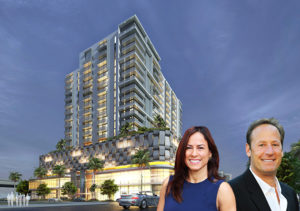
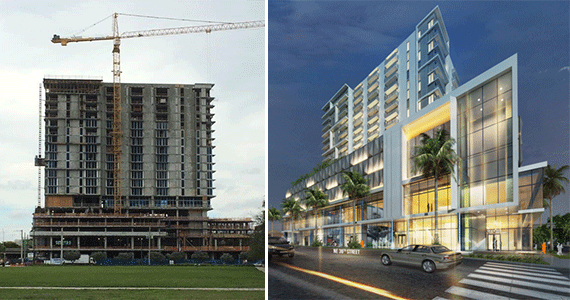
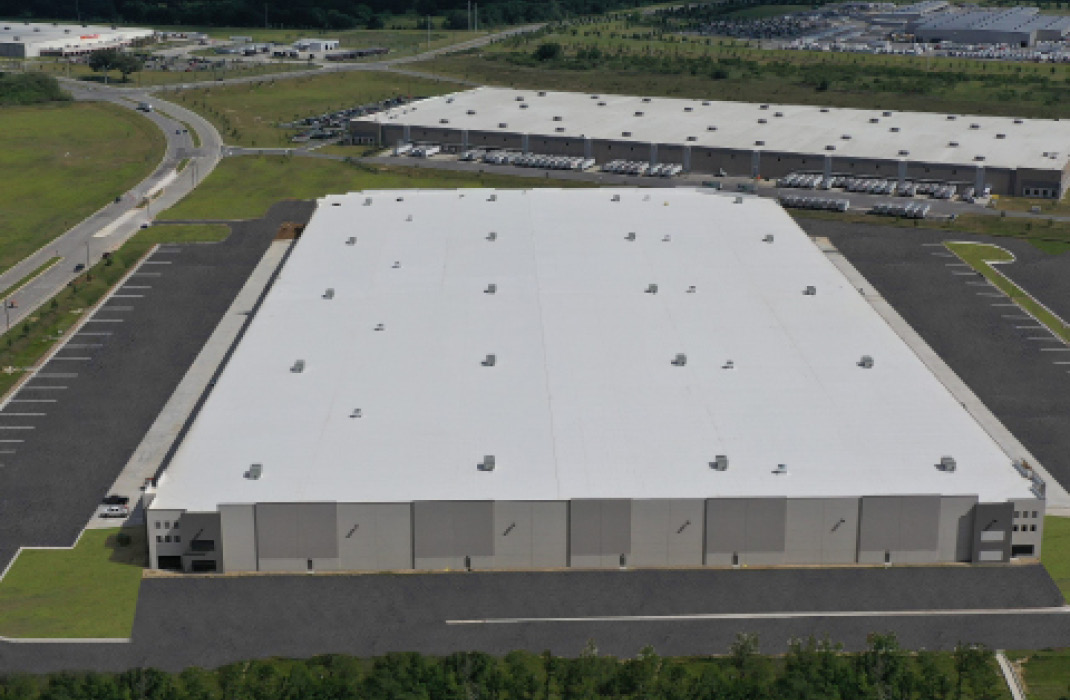
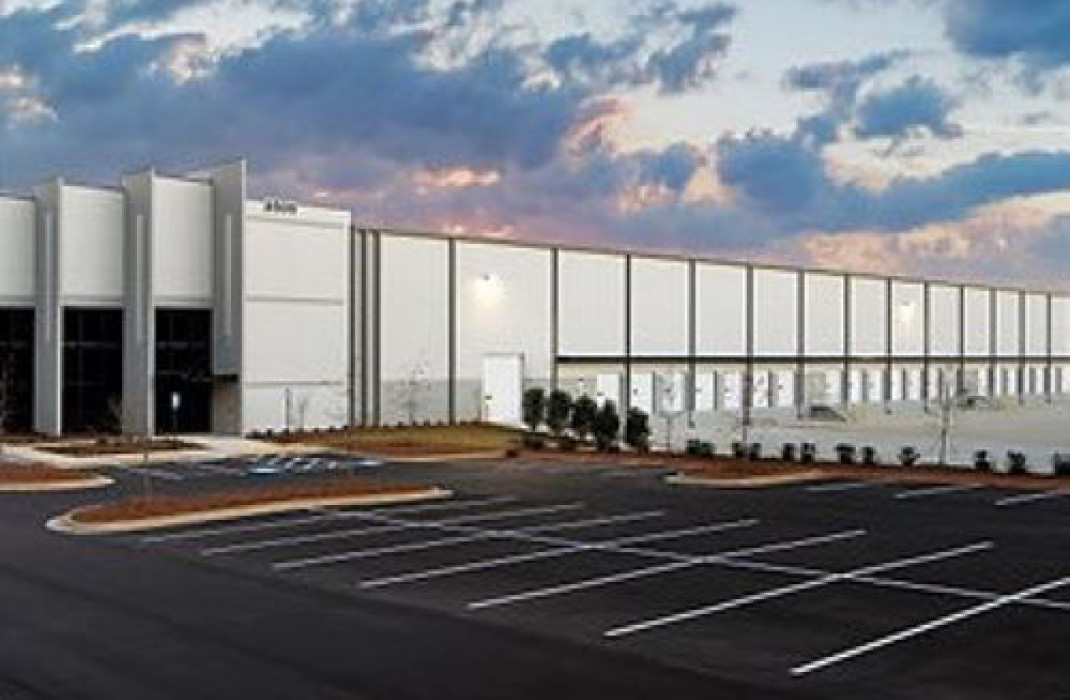
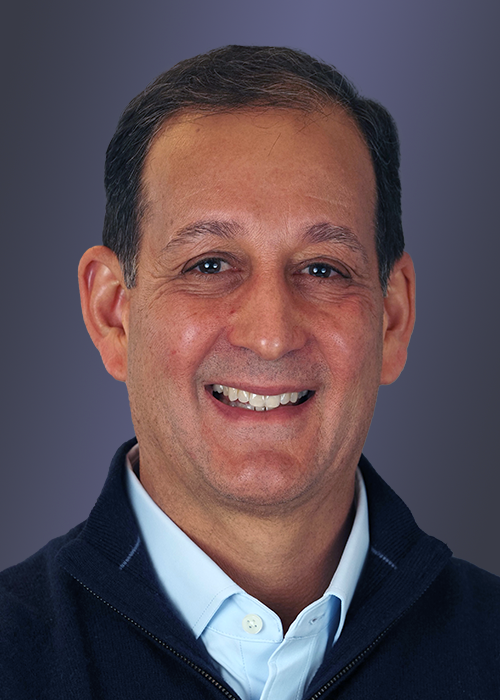 Adam E. Krupp
Adam E. Krupp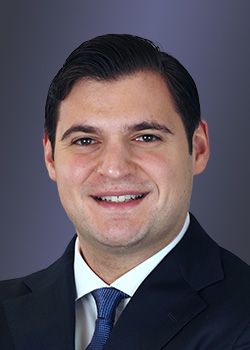 Nicholas Aileo
Nicholas Aileo

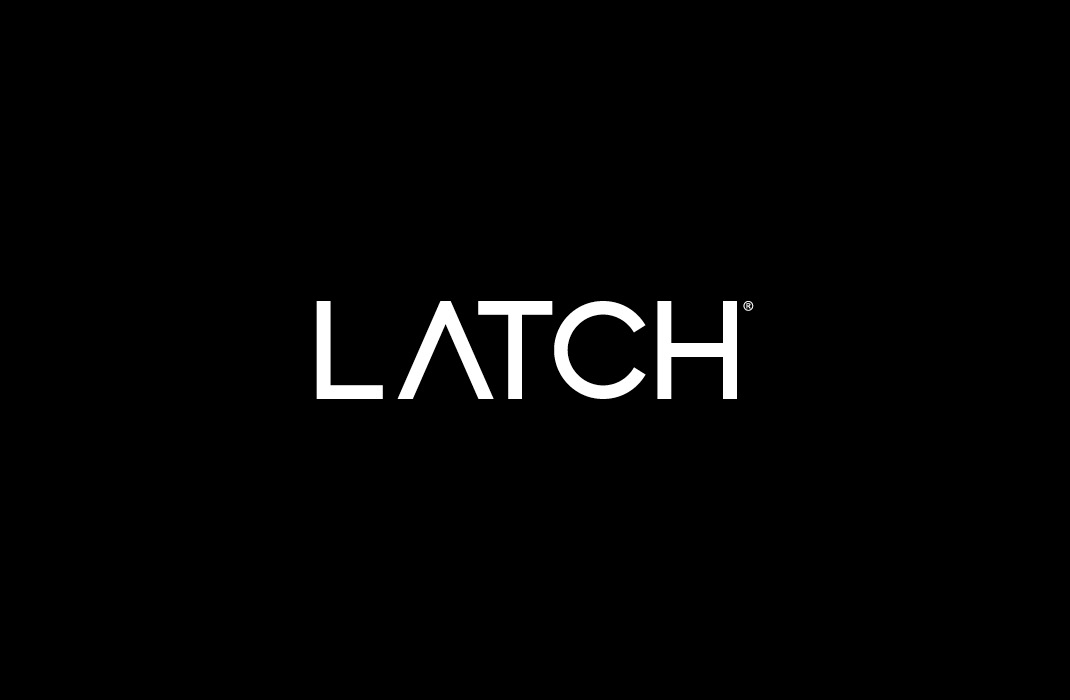
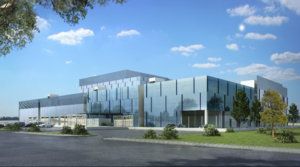
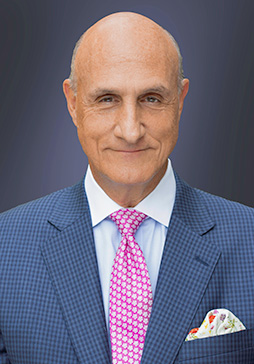

 Gary Korn
Gary Korn Ilaina Sperling
Ilaina Sperling Teddy Lewis
Teddy Lewis Jack Wolff
Jack Wolff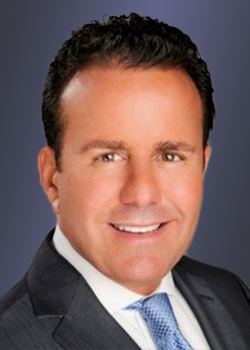 David E. Eisenberg
David E. Eisenberg